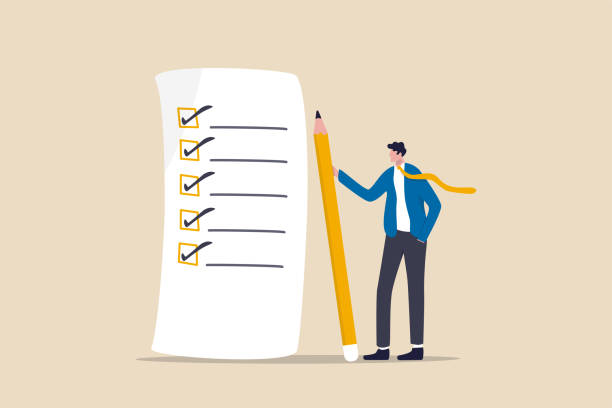What is a Landlord or Tenant Responsible for Repairing Inside a Rental Property?
The following is a list of maintenance issues that you, as a landlord, are generally in charge of. They should prepare to address if they arise in your rental.
1. The property has to abide by local building and health codes
Ideally, this was taken care of before anyone moved in. If a renter complains about it, it will be your responsibility to make sure everything is up to code. You must make the necessary repairs right away if the property does not adhere to local building codes.
2. Detectable Mold
You are in charge of fixing and getting rid of any apparent mold that may have gotten into the area. It can be due to things like water damage or a leak. However, the tenant would certainly be liable if visible mold is discovered. It is evidently the result of carelessness or failure to keep the property clean on their part.
3. Pests
You must address any pest problems as soon as your tenant reports them. To remain on top of any possible insect issues, be sure to do routine preventative maintenance.
4. Lock-Changing
Most states require changing the locks when a new tenant signs a lease for your property. That way the new tenant knows they are the only one with the key to their space. It is your duty as the landlord to make this adjustment. A new renter has a legal right to ask you to replace the locks if you don’t already.
5. Hot and cold water, heat, and electricity
Providing heat in the winter and air conditioning in the summer (if your apartment has air conditioning). As well as hot and cold water, which are your duties as a landlord.
You will be in charge of restoring these systems to operation if they malfunction or break down. You must do these repairs within very strict time constraints in many areas. Always check your local landlord-tenant laws to make sure you’re following them.
How long is the landlord required to complete repairs?
When a request is received, you must first determine how urgent the problem is. The majority of states need a 24-hour response for situations that render the area uninhabitable. Examples of this include a significant leak or a malfunctioning heater.
Tenants must take care of a set number of maintenance-related obligations. Similarly, landlords should follow certain guidelines. The following are obligations every renter needs to uphold; your lease agreement should be consulted for specifics.
1. Frequently Disposing of Trash
This goes without saying but leaving trash out for an extended period of time attracts a lot of other issues. Garbage invites vermin, mold, and odors that you don’t want in your home.
Make it obvious where the trash should go. Let tenants know they are in charge of regularly bringing out the trash.
2. Damage Brought On By The Tenant or Visitors
Renters are responsible for repairing any damage they make to your property, such as a hole in the wall. In a perfect world, they would let you know about the issue so you could investigate it.
If the tenant offers to do the repairs, you should make sure they meet the requirements for your property.
3. Problems Resulting From Property Misuse As Per The Lease Agreement
The cost of correcting any damage caused by your tenants’ actions would be their responsibility. Anything involving painting, repairs, or additional cleaning.
Examples of this that are common include situations where people smoke inside a property and leave stains or odors. If your lease stipulates that dogs are not welcome, and the tenant has had a pet, the tenant would be liable for any cleaning expenses.
4. Prompt Reporting of Any Maintenance Problems
Tenants must inform the landlord of any maintenance issues as quickly as possible. Long-term neglect of a problem will only make it worse.
Do Tenants or Landlords Cover Maintenance and Repair Costs?
Repair costs should be paid by the landlord if they are accountable for performing the necessary repairs. Similarly, the tenant is accountable for the damage and must pay unless another arrangement is made.
Any uncertainties or queries pertaining to maintenance should be addressed in the leasing agreement. It is crucial that the lease agreement is detailed enough to cover maintenance and repairs. Both you and your tenant have access to the signed lease agreement.

